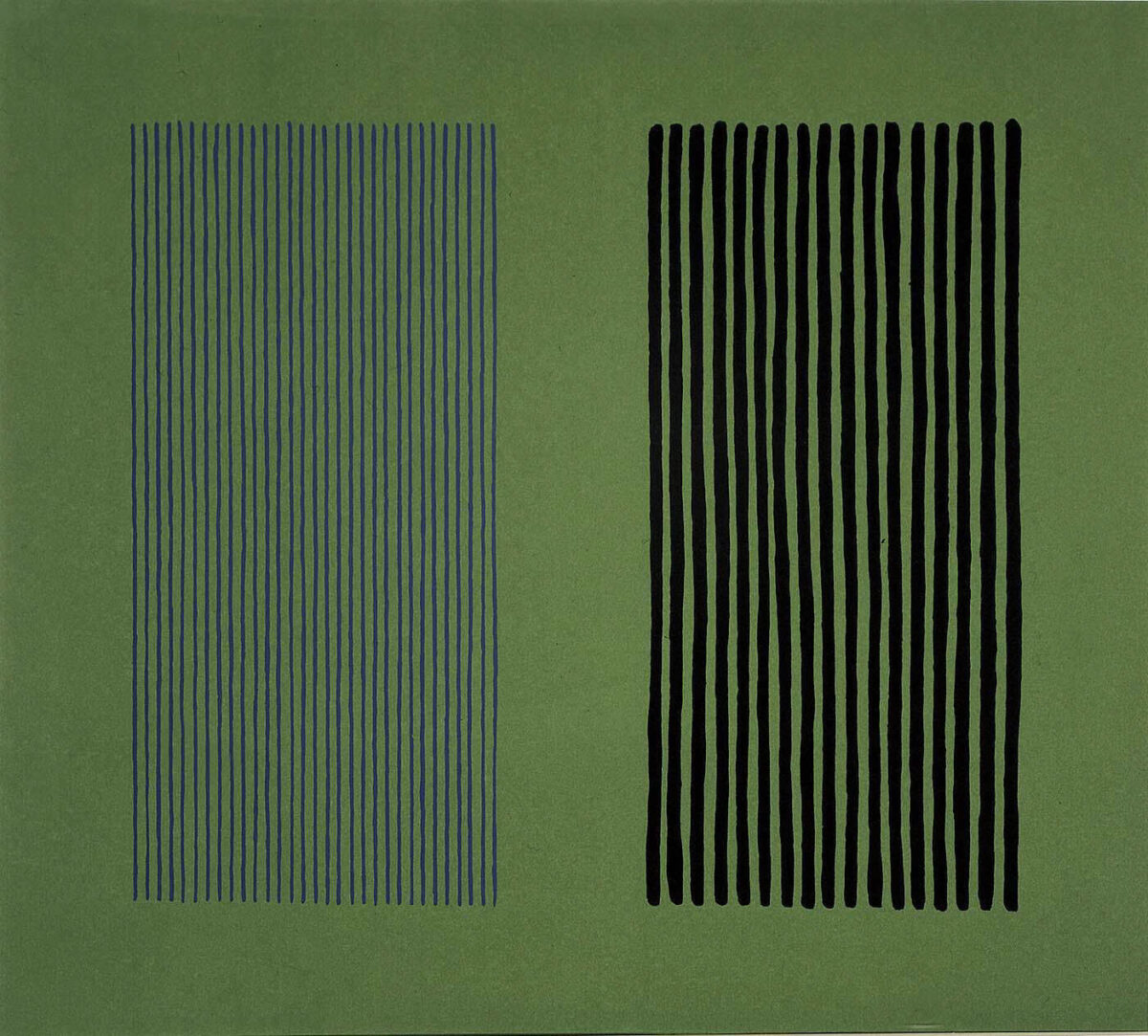I’d rather not think about what this says about the world, but nearly a month later the universe is still abuzz with talk of Miley Cyrus and Robin Thicke performing at the MTV Video Music Awards. Putting aside obvious jokes about Miley’s outfit or tongue and the fact that Robin Thicke is still, somehow, the son of 80’s television star Alan Thicke, the song they were singing at (from the VMAs, so just remember what she was wearing before you click this link) this pivotal moment was the most popular song of the past summer, “Blurred Lines.”
Were the song more popular still, perhaps we could cover it on the new Rhetoric of #1 segment that is now a weekly part of Scrawl Radio, but instead I’ve been inspired to write. Yes, Robin Thicke and Miley Cyrus have inspired me, and I’m not ashamed. It’s not that we should write about blurred lines, but let’s talk about beautiful lines.
What are the most beautiful lines you’ve ever read in a book and why? It’s a hard concept to qualify, but, for me, a beautiful line is one that fits like a glove, is artfully placed, and not a word is out of place.
When I think of the most beautiful lines I’ve ever read, I think of one of the most beautiful books I’ve ever read. The History of Love by Nicole Krauss is a stunning tale written from multiple perspectives. Krauss’ ability to shift from one voice to another is seamless. Interestingly enough, her husband, fellow writer Jonathan Safran Foer, has shown this same approach in many of his books. Krauss’ book, though, features one of the best characters I’ve ever had the delight of reading- a brilliant curmudgeon named Leo Gursky. We get such a taste of his voice right away when the opening of the book says “When they write my obituary. Tomorrow. Or the next day. It will say, LEO GURSKY IS SURVIVED BY AN APARTMENT FULL OF S***.” That’s not the most beautiful line I’ve ever read (although I am in love with the characterization it establishes immediately). But it shows the disjointed style Leo will sometimes speak with. As the book moves forward, Krauss uses longer and longer sentences to show his growth, and then she crushes his hopes with the most beautiful line I’ve ever read.
“And yet.”
She uses it more than once. In fact, the line is used more than twenty times in the book. It becomes an expectation that when a character gets too hopeful or dreamy, they will bring themselves back down with “And yet.” It’s the terse simplicity of the sentences that gets me. An idea or concept can completely be demolished with a two-word sentence fragment. The action of this verb-less sentence is as swift as any sentence I’ve ever read.
Sometimes a line will strike you for its truth as well, as is the case in the beautiful poem “Hurling Crowbirds at Mockingbars” by spoken word poet Buddy Wakefield. The first time I heard the line “forgiveness is the release of all hope for a better past” I audibly exhaled. It was truth in a way I’d never seen it before (FYI- some language in this piece!).
Buddy Wakefield “Hurling Crowbirds At Mockingbars”
There’s nothing blurred about these lines. They’re as beautiful as anything I’ve read before. What are your favorite lines? From novels? Poetry? Anything! Share in the comments!


2 replies on “Beautiful Lines”
“The light which puts out our eyes is darkness to us. Only that day dawns to which we are awake. There is more day to dawn. The sun is but a morning star.” – Henry David Thoreau, Walden
“Remember that I am thy creature; I ought to be thy Adam, but I am rather the fallen angel, whom thou drivest from joy for no misdeed. Everywhere I see bliss, from which I alone am irrevocably excluded. I was benevolent and good; misery made me a fiend. Make me happy, and I shall again be virtuous.” – Mary Shelly, Frankenstein